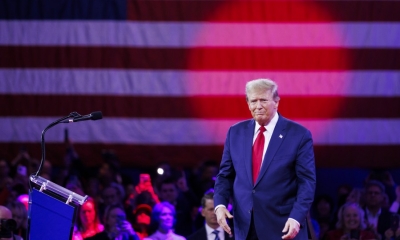The Second Biden-Xi Phone Call
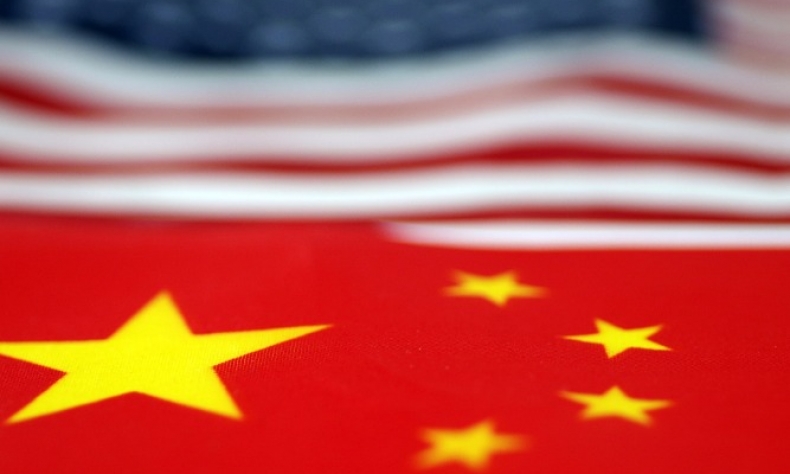
The United States must make significant adjustments in these policies in order to protect its own long term national interest and to promote peace and development around the globe.
President Joe Biden, after a half year gap, rang up President Xi Jinping for the second time. Coming in the wake of the United States debacle in Afghanistan does the phone call signal any improvement in US-China relations?
The timing of Biden’s call is interesting coming just days after the bungled US withdrawal from Afghanistan. The entire world could watch the spectacle of the Taliban takeover and certainly could wonder about such a display of incompetence at the highest levels of the US government and military.
Did Biden’s advisors see the telephone call to Beijing as a public relations move to lift Biden’s “leadership” image which is under severe attack in the US from Democrats and Republicans alike?
Given the unusually brief White House “readout” of the Biden-Xi conversation and other reporting it would appear not much of substance was discussed other than a restatement in general terms of each sides’ known issues and concerns. Was it just another telephone call from the US side that will have to await concrete actions to assess?
Clearly dialogue is better than no dialogue but to what end? Will there be concrete positive results that reduce tension and begin to repair the badly damaged US-China relationship?
US officials have a proclivity to dismiss criticism of the US by foreign leaders as made just for their “domestic politics.” While this may well be the case in the US, such criticism by foreign governments often reflects state external policy.
The Biden administration at the Alaska meeting and at the Tianjin meeting between high-level officials was bluntly told Chinese official concerns. Given Washington’s usual strident megaphone diplomacy and lists of demands, the Chinese side chose to respond in kind with its own specifics and list of concerns.
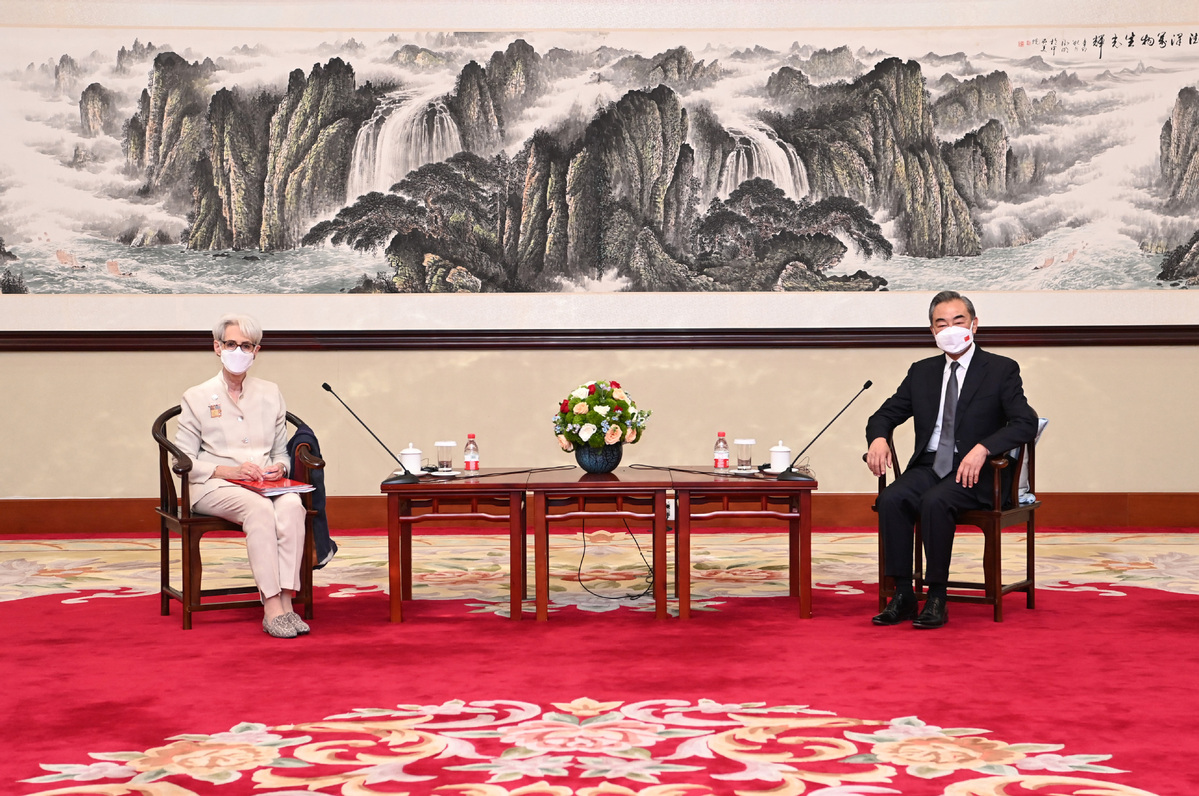
The Western press avoided the interesting treatment of the Tianjin visit of Wendy Sherman, US Deputy Secretary of State, and the visit of John Kerry, special US environmental envoy. These high officials were not received in Beijing, the capital city, but rather confined to a city at some distance from Beijing. The Kerry visit was conducted by a Zoom meeting rather than in person. Does that signal something?
From the Chinese point of view, stated directly to US officials at these meetings, relations will not improve until the US puts aside its unilateral sanctions and provocations. In short, Beijing sees all the various issues as linked together. This being the case, Beijing seeks an improved relationship in which tensions on various issues must be reduced across the board.
President Xi just repeated this position to Biden over the phone to make it more clearly to the US side. Will Washington drop the histrionics over Hong Kong, Xinjiang, Tibet, and Taiwan? Will Washington drop the unnecessary and expensive naval demonstrations in the South China Sea and the surveillance aircraft flights along China’s coastline? Will Washington drop a wide range of economic and other sanctions? Will Washington stop the trade war and the tech war? Will Washington drop its “Quad” containment of China strategy? Will Washington talk some sense into the Japanese?
In short, is Washington really interested in improved relations with China?
Let’s review. The US has had almost continuous relations with China since the 1780s. The exception was during the Cold War, 1950-1971. President Richard Nixon began the restoration of relations and this was widely praised and had bipartisan support. For his part, President Jimmy Carter later advanced relations and a normalization of diplomatic relations was achieved. Again, a US president had widespread praise and bipartisan support for his China policy.
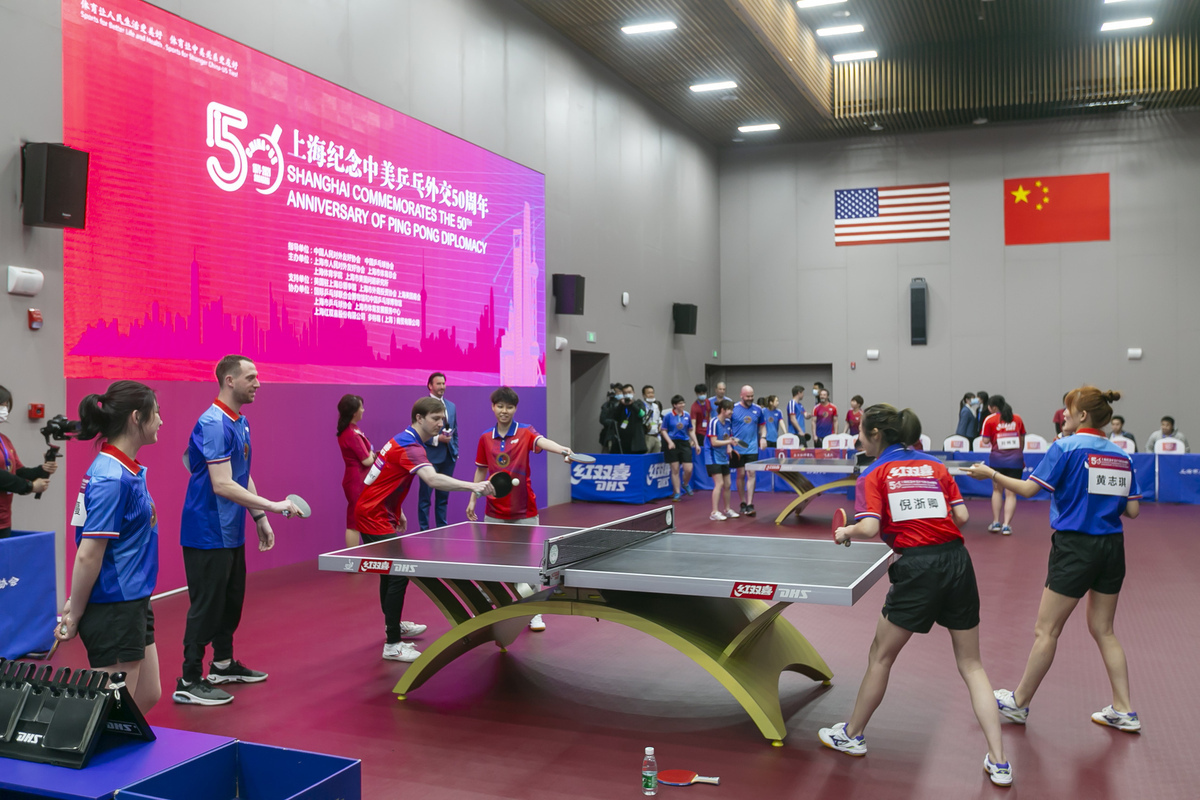
But that was a half century ago. In recent years, the US has dramatically changed course on its China policy. It began with the bipartisan update of the Cold War policy 2006-2008 to blunt China’s rise and Russia’s recovery. This update led to President Obama’s “pivot” to China and “rebalancing.” A new geostrategic concept called the “Indo-Pacific” was introduced and cemented by President Donald Trump with the name and mission change of the former Pacific Command.
Biden’s administration has undertaken a major policy review on China. Such reviews normally take a number of months but it is now nine months into Biden’s term. There is no clear China policy and no significant moves to address a relationship that has been in freefall since Trump. Congress is hostile to China as is the US mainstream media.
So far, Biden’s policy has been a continuation of the Obama policy and Trump policy. The most obvious place to change direction is for Washington to drop the Trump economic sanctions. But the Biden administration, just like the Trump administration, sees the economic sanctions as “leverage.”
But the so-called leverage has not produced positive results in the US national interest. Any undergraduate university student in economics is taught about import substitution and basic tariff theory. China, like Russia, has actually benefitted from US sanctions in some ways.
Both turned to import substitution by bolstering their domestic research, innovation, and production capability and both turned to alternative markets for imported goods. As for the US, the Trump trade war and tech war have had an inflationary effect and have impaired US exports and thus American jobs, economists say.
Aside from some domestic public relations and image building, what will Americans and the world get from the second Biden phone call?
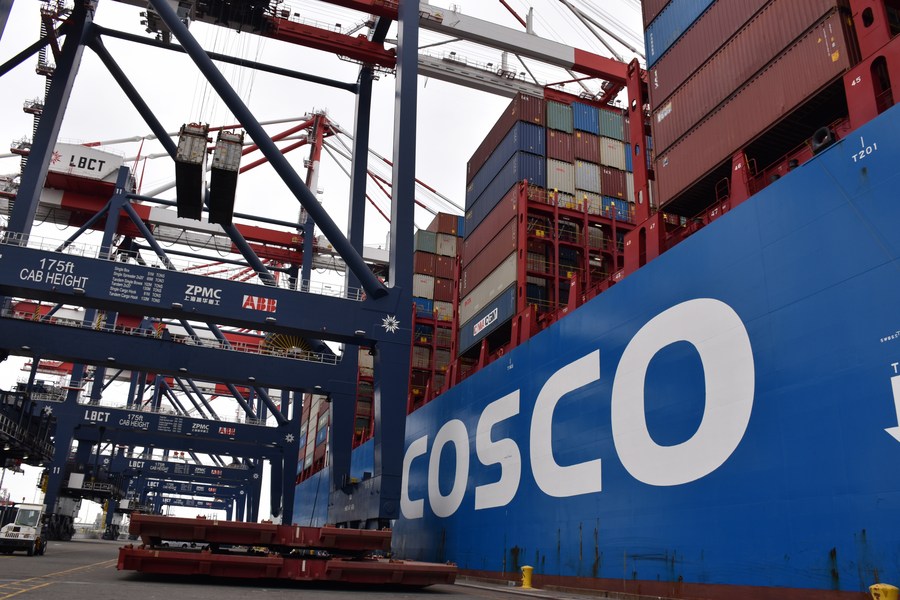
Positive results will depend on significant changes in the US’s China policy as Beijing clearly has stated. As noted earlier, such changes include those relating to the trade and tech wars, US sanctions, US sea and air military provocations, and US policy on Taiwan, Xinjiang, Hong Kong and Tibet.
Beijing has made clear that the overall relationship must be adjusted so as to facilitate discussion on various issues. Realistically, given the US policy of global hegemony which Americans call “leadership” this is a very tall order. It is not likely that US foreign policy dominated for decades by its military-industrial complex will be conducive to serious and effective diplomacy in the interest of peace and development.
China has a clear and systematic foreign policy that is adjusted according to the circumstances of a changing world. For China, as for Russia, diplomacy is the way to resolve problems. On the other hand, since World War II, the US has resorted to war and lost four of them: Korea, Vietnam, Afghanistan, and Iraq. The US appears to have lost the capacity for serious diplomacy.
For the US, which is a declining power in relative terms, a time of serious reflection and decision is upon it as indicated by its Afghan debacle. This raises the questions of whether Washington can change and will change its national strategy, or “grand strategy,” and related foreign policy.
The United States must make significant adjustments in these policies in order to protect its own long-term national interest and to promote peace and development around the globe. Rescuing US-China relations from the abyss is a good place to start.
The article reflects the author’s opinions, and not necessarily the views of China Focus.
 Facebook
Facebook
 Twitter
Twitter
 Linkedin
Linkedin
 Google +
Google +





